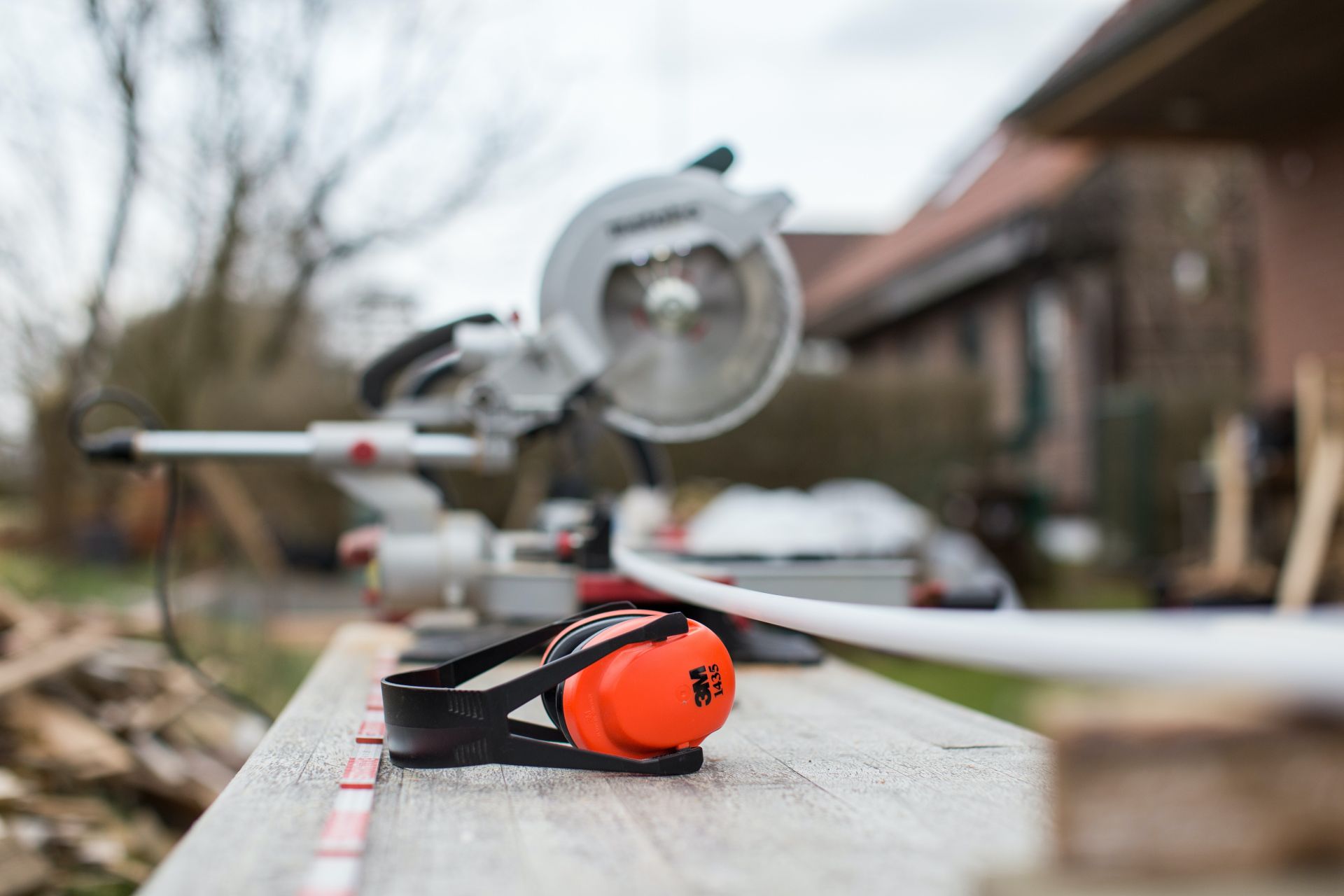Excessive noise is a leading cause of hearing damage, leaving many with lifelong disabilities, including permanent hearing loss and ringing in the ears. High noise levels are a hazard, not only in big factories, but also in small businesses and outdoor occupations. Noise-induced hearing loss may be permanent and cannot be repaired.
You have the right to know.
Your employer must inform you of all significant hazards at work, and involve employees in developing strategies to minimise noise.
Tip 1: Is your workplace too loud? Employers’ obligations include:
- Informing you of current noise levels.
- Providing hearing protection if levels are above the legal limits.
- Minimising harm to your hearing.
Tip 2: Noise levels
Be aware that everyday noise levels vary from 45 decibels (conversation) to 140 decibels, at which point you will feel pain.
No employee should be exposed to:
- More than 85 decibels over an eight hour period.
- Peak noise levels of more than 140 decibels. Ask your supervisor what the noise levels are: do you have to shout to be heard at a distance of one metre?
Tip 3: Early warning signs
- Is your hearing dull after work?
- Can you hear others in a crowd?
- Do you turn up the volume on your TV, annoying others?
Tip 4: Measurement of noise
Conduct a noise survey. If too noisy reduce noise immediately, and write a noise control plan.
Tip 5: Safe Work Practices
- Eliminate the source of noise: use rubber mountings.
- Isolate the noise: build soundproof enclosures.
- Minimise noise exposure: alternate noisy and quiet jobs.
Tip 6: Work Methods
Sharp impacts can cause peak noise levels, which may cause instant, permanent hearing loss.
Implement quieter work methods:
- Bend metal in a press or vice instead of hammering.
- Use screws instead of nails.
Tip 7: Choose quieter tools or machines
- Electric power tools are usually quieter than pneumatic tools.
- Choose a silent compressor or power pack.
Tip 8: Cushion impacts
- Examples are:
- Use rubber mats to cushion falling or rolling objects.
- Cover workbenches to minimise noise.
Tip 9: Personal Protective Equipment
- If noise exposure is still a problem after limiting levels and exposure times, your employer must provide suitable protection: earplugs or earmuffs.
- Choose protection that fits well and is comfortable.
- Make sure you keep hearing protectors clean. Replace it as soon as it shows wear or damage.
- Wear it AT ALL TIMES when exposed to loud noise.
REMOVING HEARING PROTECTORS, EVEN FOR A SHORT TIME, CAN CANCEL THE PROTECTION.
Tip 10: Hearing Tests
- Hearing loss develops slowly.
- Ask for regular hearing tests to establish whether you have noise-induced hearing loss.

